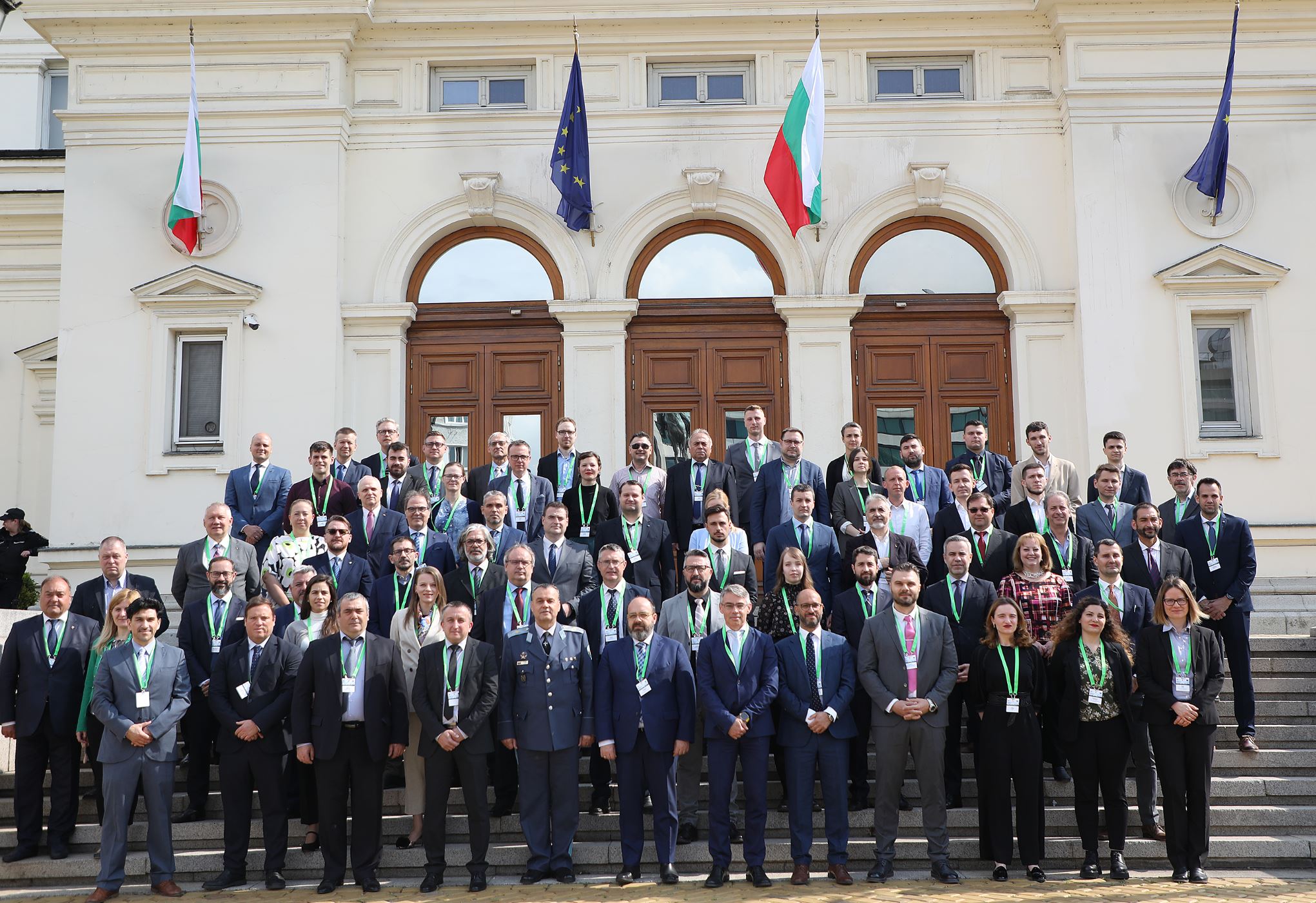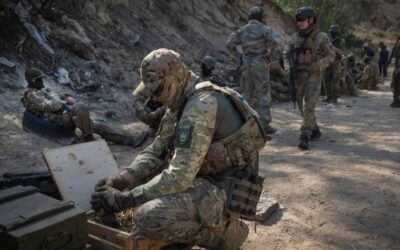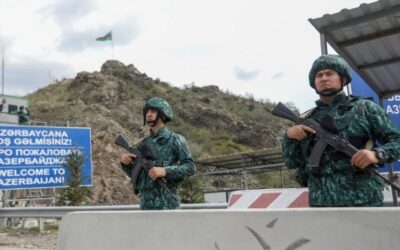US President Joe Biden has signed a bill providing Ukraine with billions of dollars in new aid for its war with Russia, marking a rare…

The European Defence Agency (EDA), wanting to contribute further to EU security, organized on May 25-26 a hybrid threats tabletop exercise in Bulgaria, bringing together more than 80 experts from different European countries, institutions and organizations.
According to the relevant announcement, the exercise was carried out as part of the third phase of the Consultation Forum for Sustainable Energy in the Defence and Security Sector (CF SEDSS III), while EDA and the European Commission Directorate-General Joint Research Centre (DG JRC) also presented a new study on enhancing the resilience of critical energy infrastructure (CEI), related to defence against hybrid threats.
The study found that the Armed Forces must consider a new set of combined and blurred threats that can impair their operational effectiveness in war and peace.
That scenario was also tested in the tabletop exercise, hosted by the Bulgarian Defence Institute (BDI), under the auspices of the Bulgarian Ministry of Defence.

In a fictitious scenario where an imaginary country threatens stability around a critical waterway with both non-renewable and renewable energy resources, EU countries and their partners needed to protect their energy supplies and advance their interests.
The tabletop exercise is part of efforts to develop the EU’s longer-term resilience, in view of a synchronized and deliberate attack on democratic states and their institutions.
The exercise relied on a simulation involving fictional hostile states as well as criminal and paramilitary organizations who sought to undermine or damage targets through direct attacks and covert means.
Different European ministries, EU institutions, the Helsinki Centre of Excellence for Countering Hybrid Threats (HCoE) and experts from industry and academia aimed to better understand hybrid threats, including new tactics and targets and strengthen the resilience of defence-related critical energy infrastructure.
They also plan to provide the Ministries of Defence with recommendations and develop awareness about the role individuals, civil society and companies can play in building resilience to hybrid threats.
Also read: ARTUS | EDA-managed project develops intelligent Ground Vehicles Swarm
READ MORE
United Kingdom | Increase in defence spending
Britain will gradually increase its defence spending to reach 2.5% of GDP by 2030, Prime Minister Rishi Sunak announced…
Armenia – Azerbaijan | Border demarcation is underway
An important step for the diplomatic relations of Armenia and Azerbaijan is underway with the demarcation of their common border.
A reluctant alliance? A different approach to French – Serbian defence relations
It has only been a few months since Croatia started receiving the first of the Rafale fighter jets it ordered from France.
Agamemnon | The new Astute-class HMS nuclear submarine of the Royal Navy
The British Royal Navy has named the newly-built Astute-class nuclear-powered submarine HMS Agamemnon. Doing so, the…
NSPA | Awards first C-sUAS multinational contract in NATO’s history
The NATO Support and Procurement Agency (NSPA) has approved the first Counter-small UAS (C-sUAS) procurement framework agreement…
USA | Signs bill on military aid to Ukraine
US President Joe Biden has signed a bill providing Ukraine with billions of dollars in new aid for its war with Russia, marking a rare…
Armenian Genocide Remembrance Day
On this day, 109 years ago, the genocide of the Armenian people by the Ottoman Empire began, with April 24 being the day of…
United Kingdom | Increase in defence spending
Britain will gradually increase its defence spending to reach 2.5% of GDP by 2030, Prime Minister Rishi Sunak announced…




















